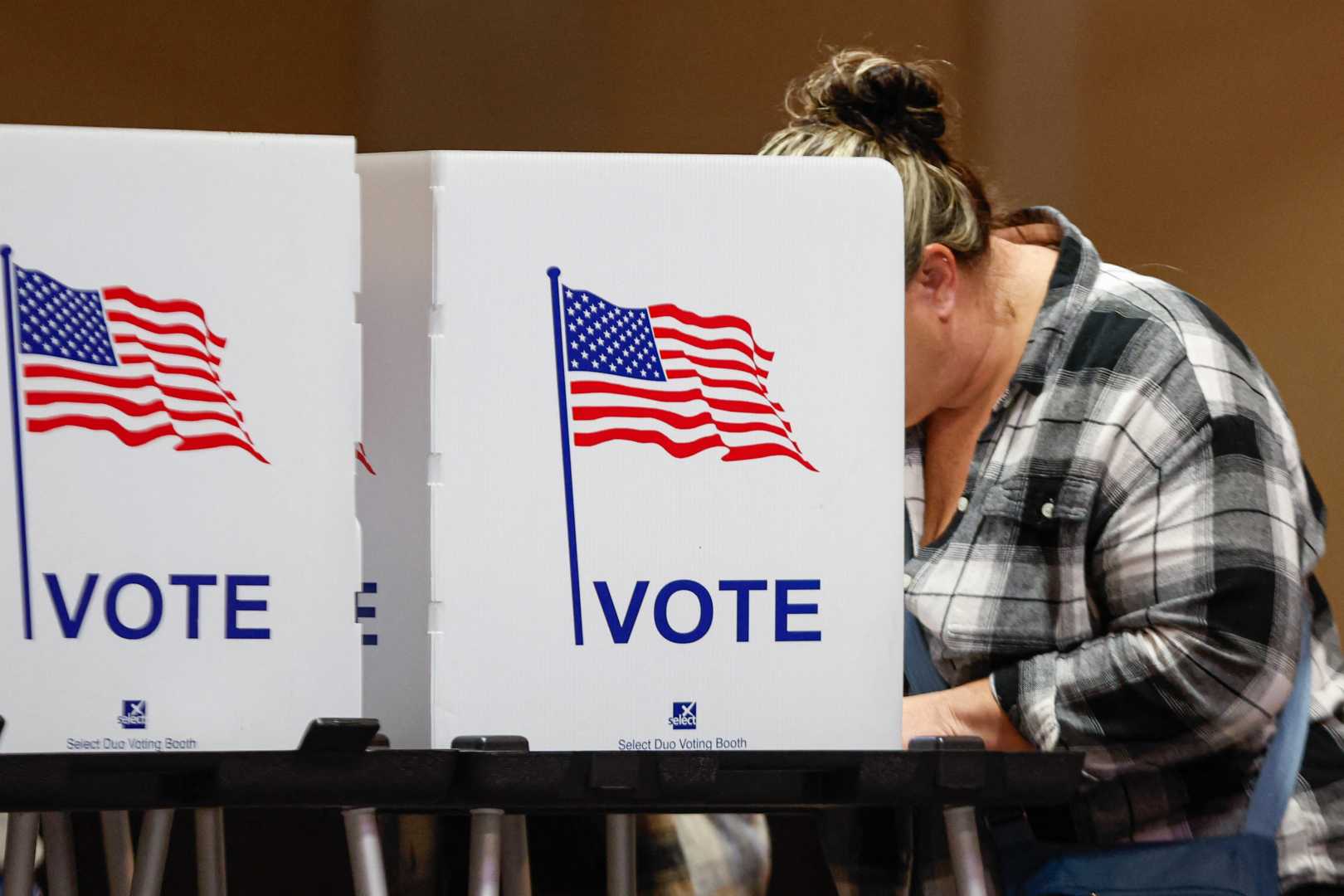Politics
Debate Grows Over SAVE Act’s Impact on Married Women’s Voting Rights

WASHINGTON, D.C. — As the Safeguard American Voter Eligibility Act (SAVE Act) moves towards a Senate vote, concerns are mounting about its potential implications for married women, especially those who have changed their last names. Legal experts warn that if enacted, the bill could complicate voting for millions of women by imposing stricter documentation requirements.
The SAVE Act, introduced amid fears of voter fraud, aims to reform voter registration by requiring proof of U.S. citizenship. Acceptable forms of documentation to validate citizenship would include birth certificates, U.S. passports, and naturalization papers. This requirement poses a significant challenge for approximately 69 million American women who have adopted their spouses’ names, often resulting in a mismatch between their current names and those on their birth certificates, according to a recent analysis.
Critics of the legislation, such as Democratic Rep. Ilhan Omar of Minnesota, argue that it could disenfranchise a substantial number of voters. “This voter suppression bill will disenfranchise millions of voters, especially married women,” Omar stated on social media earlier this week. Supporters, however, including White House Press Secretary Karoline Leavitt, counter that the bill provides states with the authority to determine any additional documents needed when discrepancies in proof of citizenship arise.
Legal experts suggest that states could mitigate issues for married women by accepting alternative documents, including marriage certificates or legal name change decrees. However, Professor Tracy Thomas from the University of Akron points out that while marriage certificates are regularly issued, obtaining one may pose challenges for women who have been married a long time and no longer possess their certificate. She stressed that these additional requirements create obstacles that could deter eligible voters from casting their ballots.
Moreover, there are concerns about inconsistencies in implementation across different jurisdictions. Keesha Middlemass, a political science professor at Howard University, described the dilemma: “Will marriage certificates be accepted equally across all jurisdictions? We don’t know because some marriage certificates vary depending on the jurisdiction.” She noted that the extent of disenfranchisement may not be evident until after the law is enacted, complicating efforts to identify its impact.
The SAVE Act, if passed, would amend the National Voter Registration Act of 1993. This would require voters to provide documentary proof of citizenship, meaning commonly used identification forms like driver’s licenses would no longer suffice. Instead, voters will need to submit more formal documents like U.S. passports or birth certificates, creating potential barriers to registration.
Opponents of the SAVE Act warn it could disproportionately affect rural voters and members of the military, who may rely on alternative forms of ID. Eliza Sweren-Becker, a senior counsel at the Brennan Center for Justice, emphasized that this new “show your papers” requirement may increase the number of eligible voters who are unable to vote due to complex documentation issues. “This will cause chaos for election administration,” she added.
Polling data indicates widespread public support for voter ID requirements, with over 80% of respondents favoring proof of citizenship for first-time voters. However, a study conducted by the Brennan Center for Justice following the 2016 election found only 30 suspected cases of noncitizen voting out of 23.5 million votes cast in the jurisdictions reviewed.
If ratified, the SAVE Act could require married women who have changed their names to secure certified copies of marriage certificates, locate their birth certificates, and keep any change-of-name documentation organized for potential updates to their voter registration. Legal experts urge preparedness for the possibility of significant electoral shifts as these legislative changes unfold.












